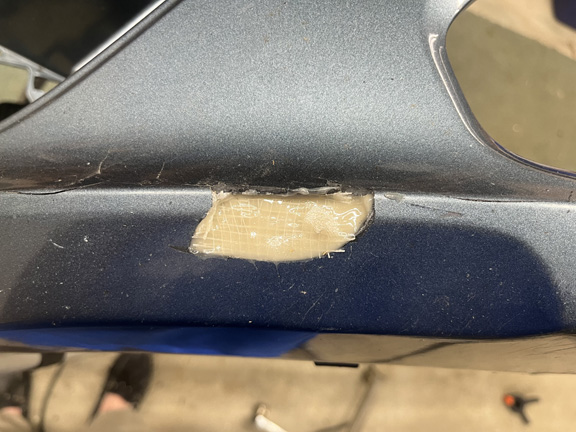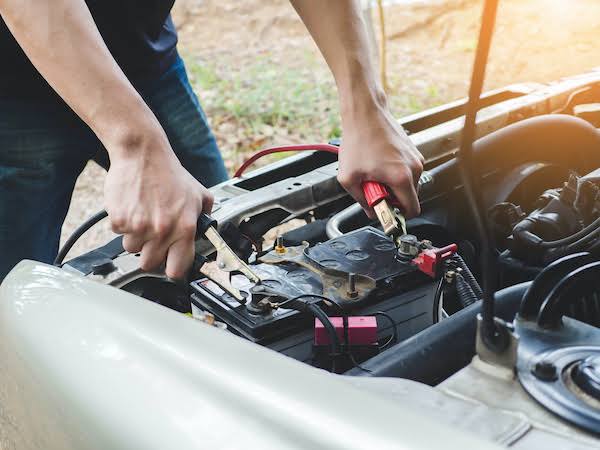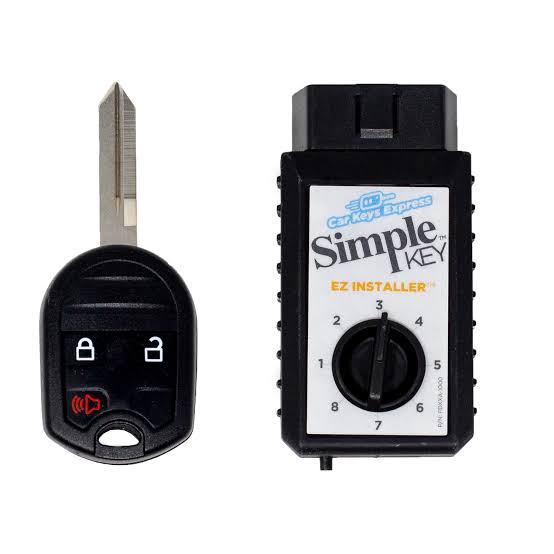Will JB Weld Work on Plastic?

JB Weld is a popular brand of epoxy adhesive, often used for automotive and general repairs. It’s known for its strength and versatility. But does it work on plastic? Let’s explore whether JB Weld is a suitable option for plastic repairs.
What is JB Weld?
JB Weld is a two-part epoxy that, when mixed, forms a strong bond capable of withstanding high temperatures, pressure, and harsh environments. It’s commonly used for metal, but can it handle plastic materials as well?
Will JB Weld Work on Plastic?
1. Plastic Compatibility
- Effective for Certain Plastics: JB Weld can bond to certain types of plastic, especially hard plastics like PVC, ABS, and nylon. However, plastic materials vary greatly in their composition, so the effectiveness of JB Weld will depend on the type of plastic you’re working with.
- Surface Preparation: For the best results, the plastic surface must be clean, dry, and free from oils or dirt. Sanding the surface before applying the adhesive helps to improve adhesion.
2. Types of Plastic That JB Weld Works On
- PVC (Polyvinyl Chloride): JB Weld works well on PVC pipes, which are commonly used for plumbing and other applications.
- ABS (Acrylonitrile Butadiene Styrene): ABS plastic, often found in automotive parts and household items, is compatible with JB Weld.
- Nylon: JB Weld can bond with nylon plastic, which is used in various industrial applications.
Types of Plastic JB Weld May Not Be Effective On
1. Polyethylene (PE) and Polypropylene (PP)
- Difficult to Bond: Polyethylene and polypropylene plastics are known for their resistance to adhesives, including JB Weld. These plastics have a very smooth surface that makes it hard for epoxy to adhere effectively.
- Alternative Solutions: For these types of plastics, specialized adhesives like plastic welders or super glues designed specifically for polyethylene may be more effective.
2. Teflon and Silicone
- Non-stick Surfaces: Plastics like Teflon and silicone are non-stick materials, meaning that JB Weld will struggle to bond effectively with these surfaces.
How to Use JB Weld on Plastic
1. Clean the Surface
- Ensure the plastic surface is clean and free from oil, grease, or dirt. Use rubbing alcohol or soap and water to clean the area.
2. Sand the Surface
- Lightly sand the area where you will apply JB Weld. This creates a rough texture, allowing the epoxy to bond better with the plastic.
3. Mix the Epoxy
- Follow the instructions on the JB Weld packaging to mix the epoxy resin and hardener properly. Usually, you need to mix equal parts of both.
4. Apply the Epoxy
- Apply the mixed JB Weld to the prepared surface and press it into place. Use a tool or a spatula to smooth the surface.
5. Let it Cure
- Allow the JB Weld to cure according to the instructions (usually 4-6 hours for a strong bond, but a full cure may take up to 24 hours).
Limitations of Using JB Weld on Plastic
1. Long-Term Durability
- Wear and Tear: While JB Weld can bond plastic, it may not hold up well over time in applications where the plastic is exposed to significant stress, UV light, or constant flexing. For example, plastic parts that experience regular movement or outdoor exposure might not hold up as well with JB Weld.
2. Chemical Resistance
- Not Always Fuel or Oil Resistant: While JB Weld is resistant to many automotive fluids, it may not be the best choice for plastic parts exposed to oil, fuel, or harsh chemicals regularly.
Alternative Adhesives for Plastic
If you are dealing with plastic that JB Weld isn’t suitable for, consider these alternatives:
1. Plastic Welding
- For Certain Plastics: Plastic welding is a technique where the plastic is melted and fused together. This works well for plastics like polypropylene and polyethylene.
2. Super Glue
- Quick Bonding: For smaller plastic repairs or non-stress-bearing applications, super glue or cyanoacrylate-based adhesives can be effective.
3. Specialty Plastic Adhesives
- Designed for Specific Plastics: There are adhesives made specifically for difficult plastics like polyethylene and polypropylene. These products are formulated to bond better with these materials than standard epoxies.
Conclusion
JB Weld can be an effective adhesive for certain types of plastic, such as PVC, ABS, and nylon, when used correctly. However, it is not suitable for all plastic materials, particularly those like polyethylene and polypropylene that are resistant to adhesives. For successful plastic repairs, ensure that the plastic is compatible with JB Weld, prepare the surface properly, and consider alternative adhesives if JB Weld is not effective for your project.
FAQs
1. Can JB Weld fix a cracked plastic bumper?
- Yes, if the bumper is made of a plastic like ABS or PVC, JB Weld can be used to temporarily fix cracks. For more permanent repairs, plastic welding may be a better solution.
2. Can JB Weld be used on flexible plastics?
- JB Weld works best on hard, rigid plastics. For flexible plastics, such as those found in rubber or soft plastic materials, other adhesives designed for flexible surfaces may be more suitable.
3. How long does JB Weld take to cure on plastic?
- JB Weld typically cures within 4-6 hours for a strong bond, but it’s recommended to wait 24 hours for the full curing time to ensure maximum strength.
4. Is JB Weld permanent on plastic?
- While JB Weld forms a strong bond, its effectiveness on plastic depends on the type of plastic and the conditions it is exposed to. In high-stress or outdoor environments, the bond may degrade over time.
Also Check:
• Will Rust-Oleum Work on Plastic?






One Comment